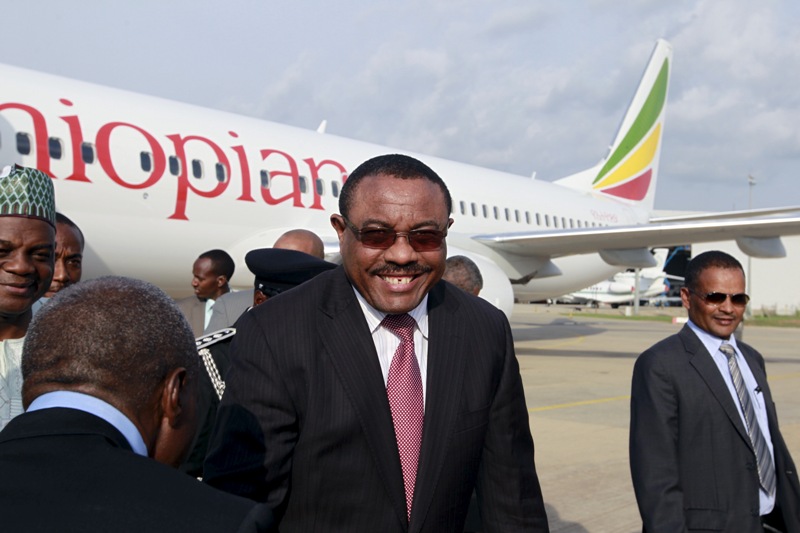The International Press Institute (IPI) welcomed Ethiopia’s release from prison of journalist Reeyot Alemu and five individuals in the Zone 9 bloggers case this week, but it urged the government to release other journalists and to re-examine anti-terror laws used to prosecute them.
Alemu was released yesterday, while three journalists and two bloggers accused in a case involving the Zone 9 media collective were released on Wednesday. The releases came ahead of a scheduled trip to the country by U.S. President Barack Obama.
“We are extremely pleased that these prisoners of conscience have been released, but it is only a small step in the right direction,” IPI Director of Advocacy and Communications Steven M. Ellis said. “We call on the Ethiopian government to immediately free all the other journalists imprisoned for their work. We also urge the government to reform anti-terror laws that have been used to prosecute dozens of journalists, a topic that we hope President Obama raises during his visit.”
Alemu, a columnist, was arrested in June 2011 and charged with three separate counts of plotting an act of terrorism. In 2012, she was sentenced to 14 years in prison, which was later reduced on appeal to five years on appeal for one charge of using journalism to support a terrorist organisation. During her imprisonment, she reportedly suffered from untreated tumours.
In the Zone 9 case, bloggers Mahlet Fantahun and Zelalem Kibret, as well as editor Asmamaw Hailegiorgis and freelance journalists Edom Kassaye and Tesfalem Waldyes, were released and all charges against them dropped. They and four others who remain behind bars were arrested in April 2014 and accused of inciting violence and terrorism by working with foreign human rights groups and using social media to create instability in the country.
According to the Committee to Protect Journalists, at least 11 other journalists remain in prison in Ethiopia.
The country has a history of government control over news media and a provision in the country’s Constitution guaranteeing media freedom, free speech and free expression offers little cover for journalists in practice.
In 2009, the government issued an anti-terrorism proclamation that allowed it to arrest those it deemed seditious, including journalists who report on political dissent.
IPI and the World Association of Newspapers and News Publishers (WAN-IFRA) carried out a joint fact-finding mission to Ethiopia in November 2013 to discuss the country’s 2009 anti-terrorism law and the challenges faced by Ethiopian journalists. In addition to those currently in prison, numerous others have been tried in absentia under the country’s anti-terrorism law.
